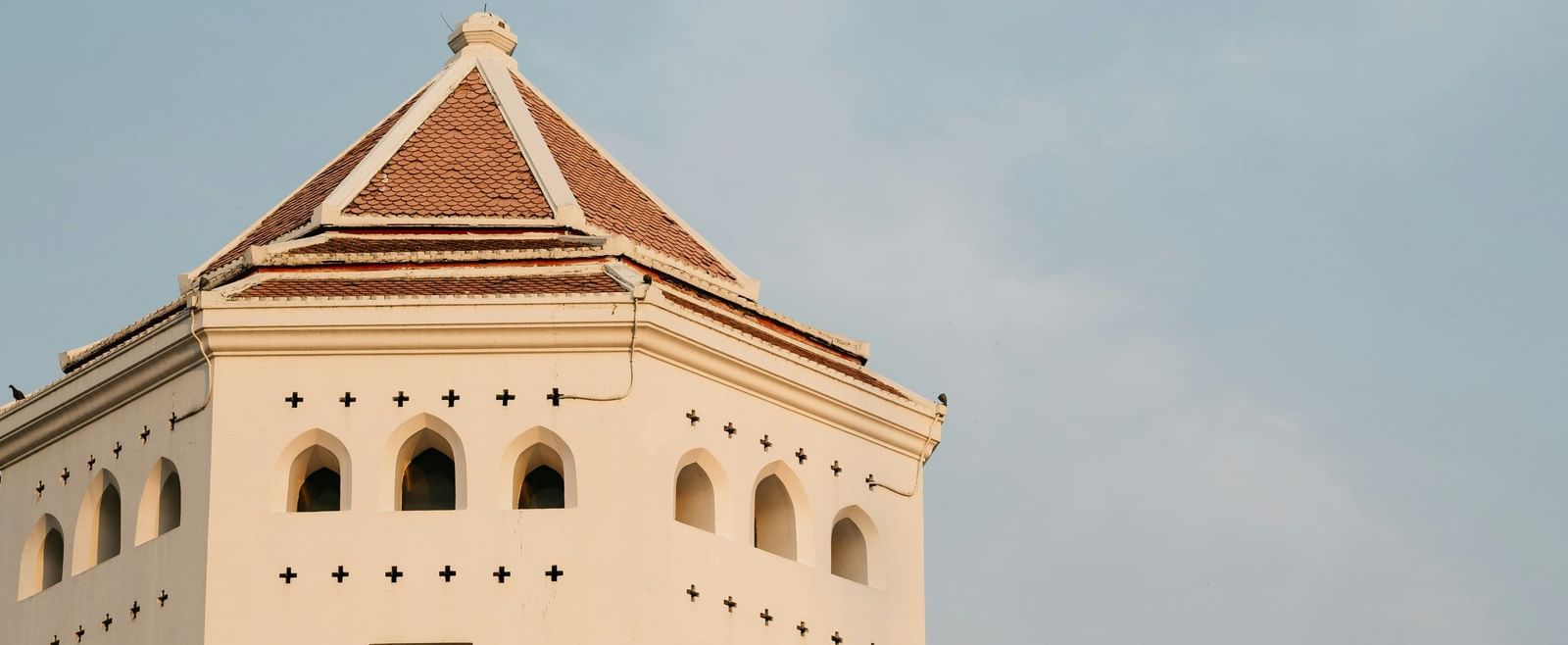
Christiansborg Castle: Accra’s Historic Treasure
Ghana is a nation famed for its rich history and vibrant culture, a place where the past is not just remembered but felt. From its bustling markets to its serene coastlines, the country offers a journey through time. At the heart of this historical landscape lies Christiansborg Castle, a powerful and poignant landmark that tells the story of Ghana's colonial past and its path to independence.
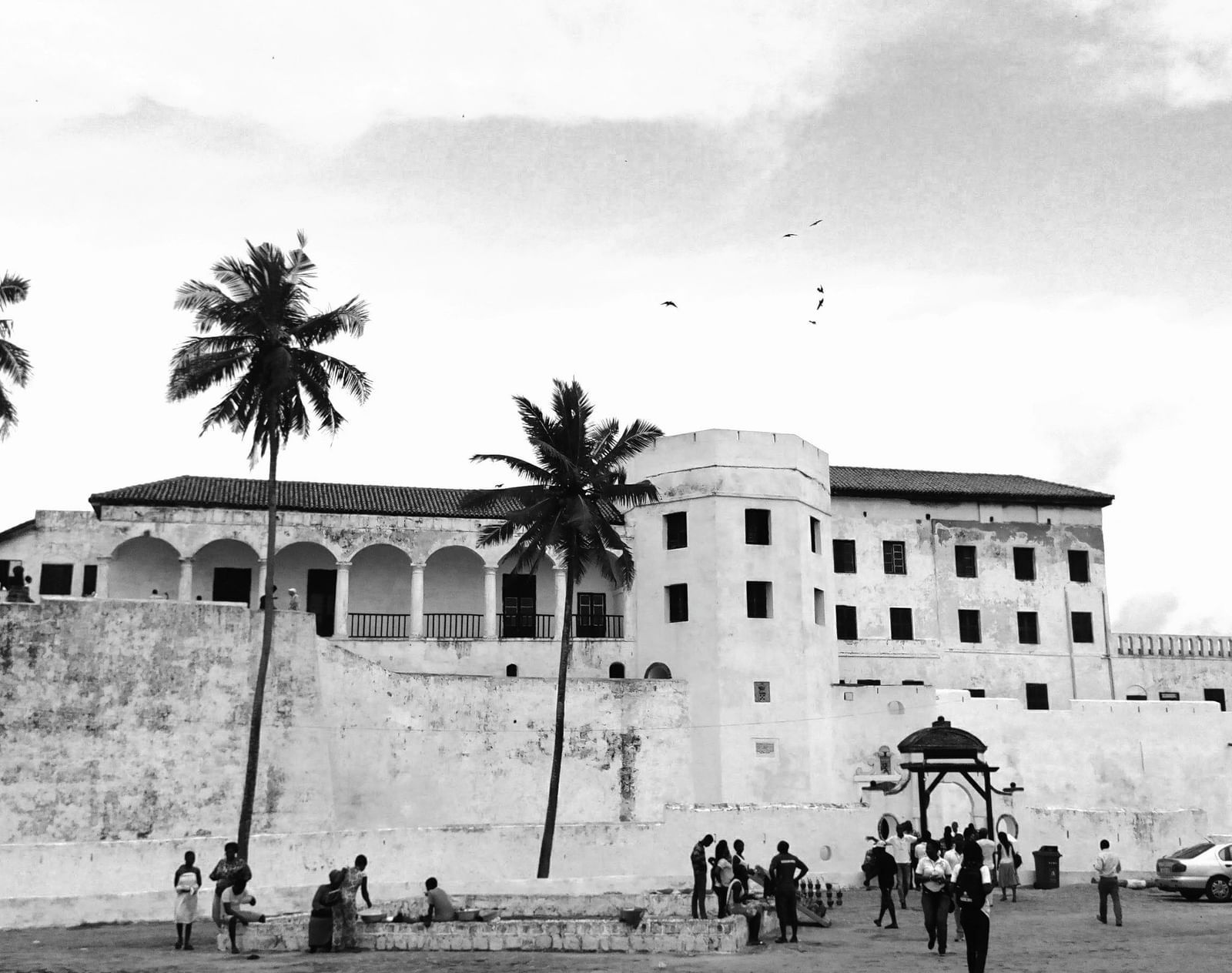
Why Christiansborg Castle Matters
Located on the shores of Osu in Ghana’s capital, Accra, Christiansborg Castle, also known as Osu Castle, is a site of immense historical importance. This 17th-century fortress has witnessed Ghana’s transformation from a Danish colonial stronghold to the seat of its post-independence government. The castle's significance lies in its dual legacy: a grim reminder of the transatlantic slave trade and a powerful symbol of national resilience and sovereignty. Its journey from a colonial fortress to a heritage site open to the public underscores its vital role in Ghana's national memory.
Historic Roots of Osu Castle and Its Colonial Past
The castle's origins trace back to 1661 when it was built by the Danes, who purchased the site from the Ga Paramount Chief, Okaikoi, for 3,200 gold florins. They named it Christiansborg, meaning "Christian's Fortress," after the Danish King Christian IV. The site, however, changed hands multiple times, being briefly captured by the Portuguese, who renamed it St. Francis Xavier and added a Roman Catholic chapel, and then by the Akwamu people, who sold it back to the Danes. In 1850, it was sold to the British, who used it as the seat of government for their Gold Coast colony, cementing its name as Osu Castle. This long and complex history of shifting ownership highlights the intense competition for power and trade on the West African coast.
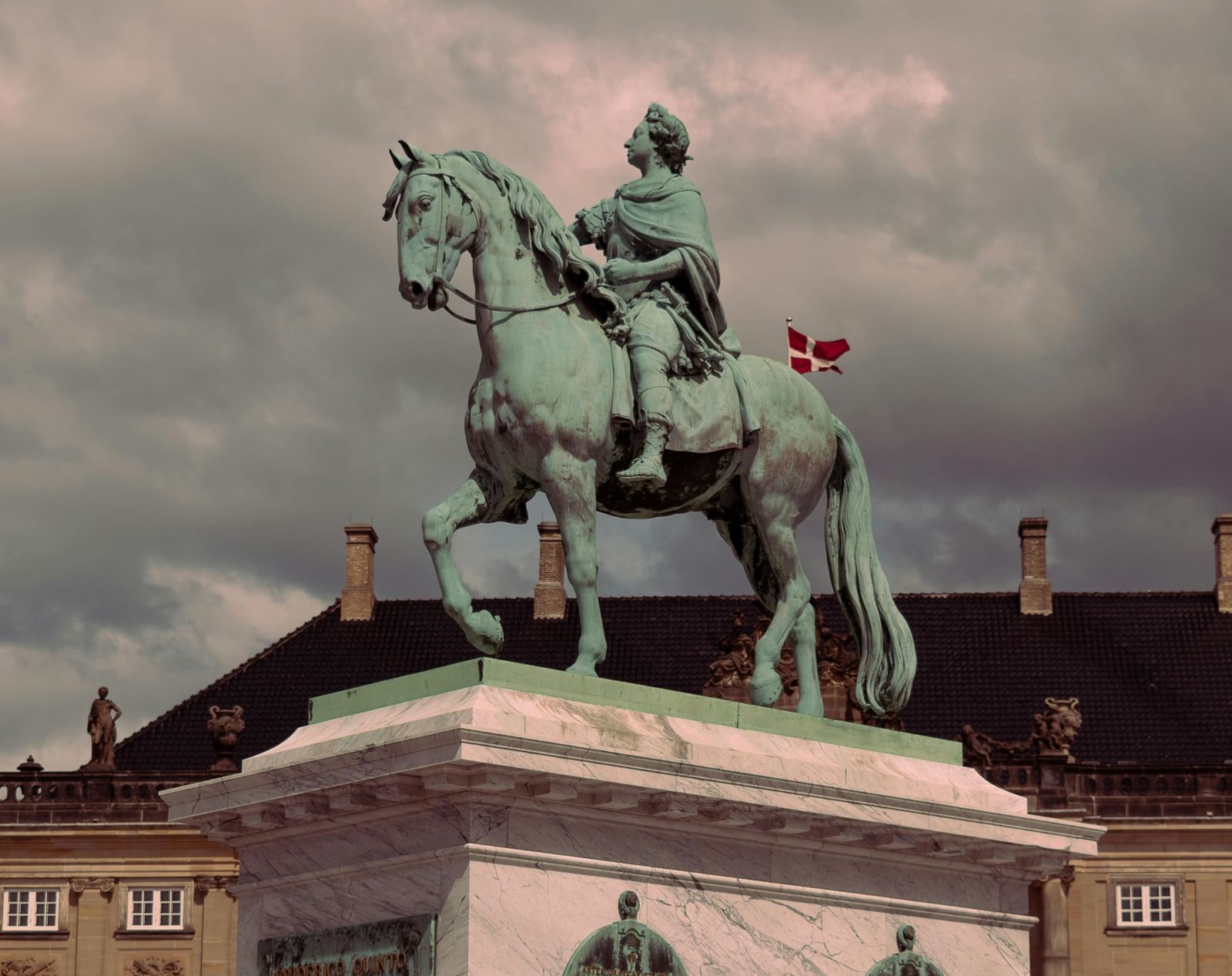
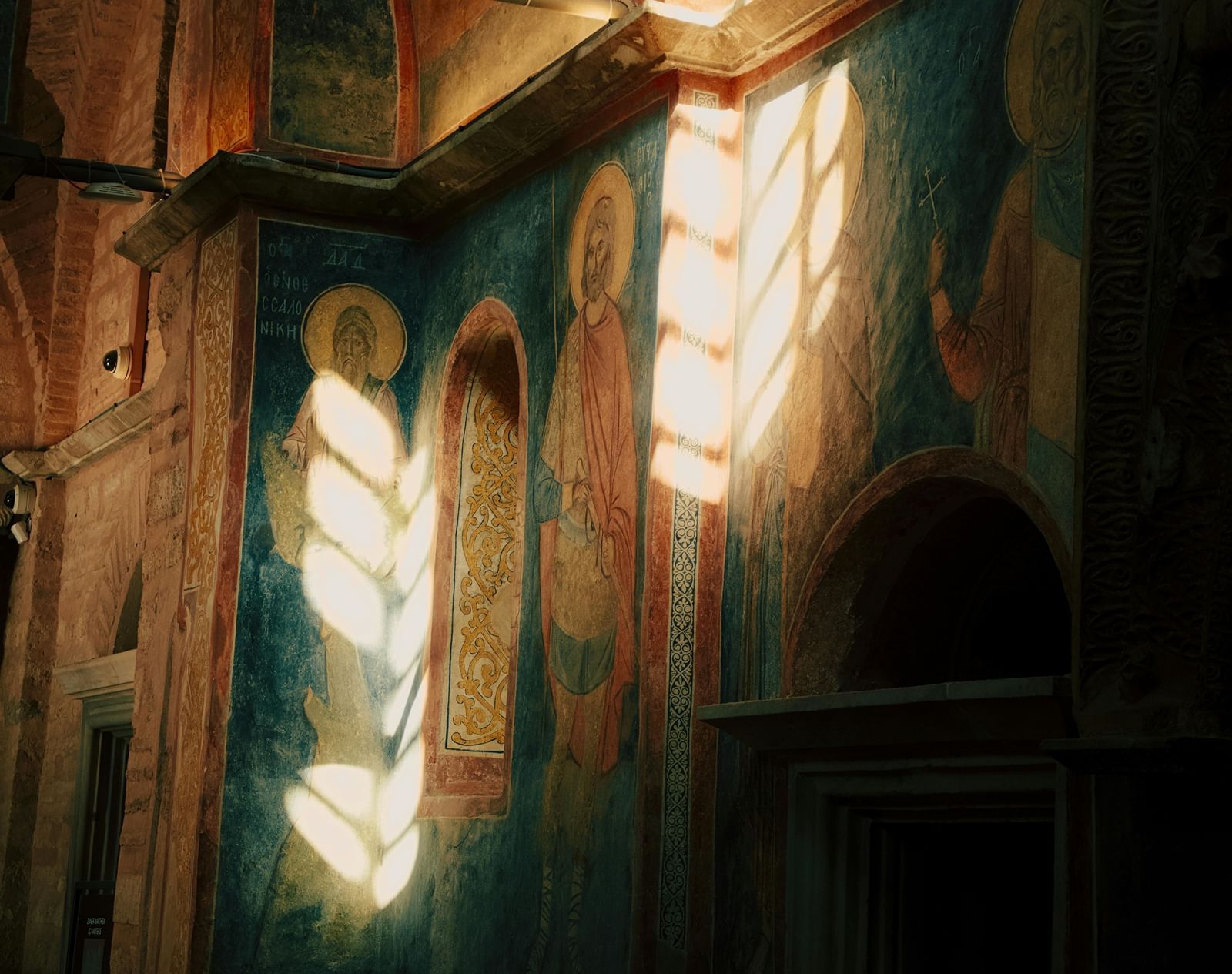
Architecture & Legacy of Osu Castle Through the Years
The architecture of Osu Castle is a physical testament to its layered history. Built of stone and mortar with thick whitewashed walls, its fortress layout and cannons still pointing out to sea reflect its initial purpose as a defensive trading post. The castle's design features architectural influences from the various colonial powers who occupied it. Inside, visitors can observe key areas such as the governor's dining hall, administrative quarters, and a courtyard with a water cistern inscribed with the name of a Danish governor. Most significantly, the castle's dungeons, now sealed, serve as a solemn and powerful reminder of its role in the transatlantic slave trade.
Osu Castle’s Role in Ghana’s History & Independence
After Ghana gained independence from Britain in 1957, Christiansborg Castle was renamed Government House and became the official residence of the Governor-General. In 1960, when Ghana became a republic, it served as the residence and office of the country’s first president, Kwame Nkrumah. The castle continued to be the seat of government until 2013, after which it was no longer the sole seat of the government and used for offices and commissions of the government. The castle's transformation from a symbol of colonial rule to the heart of an independent nation is a profound testament to Ghana’s political evolution and its journey towards self-determination.
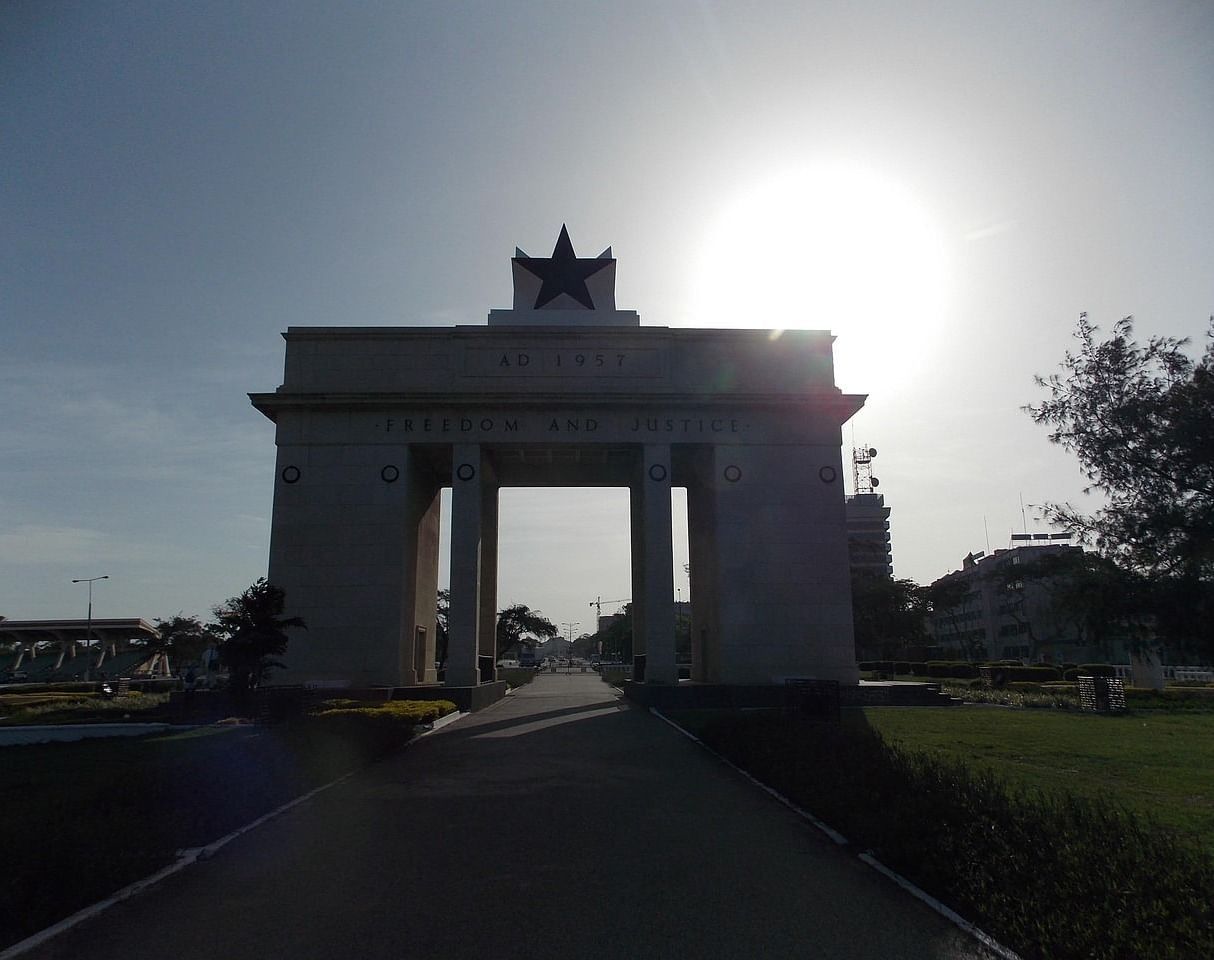
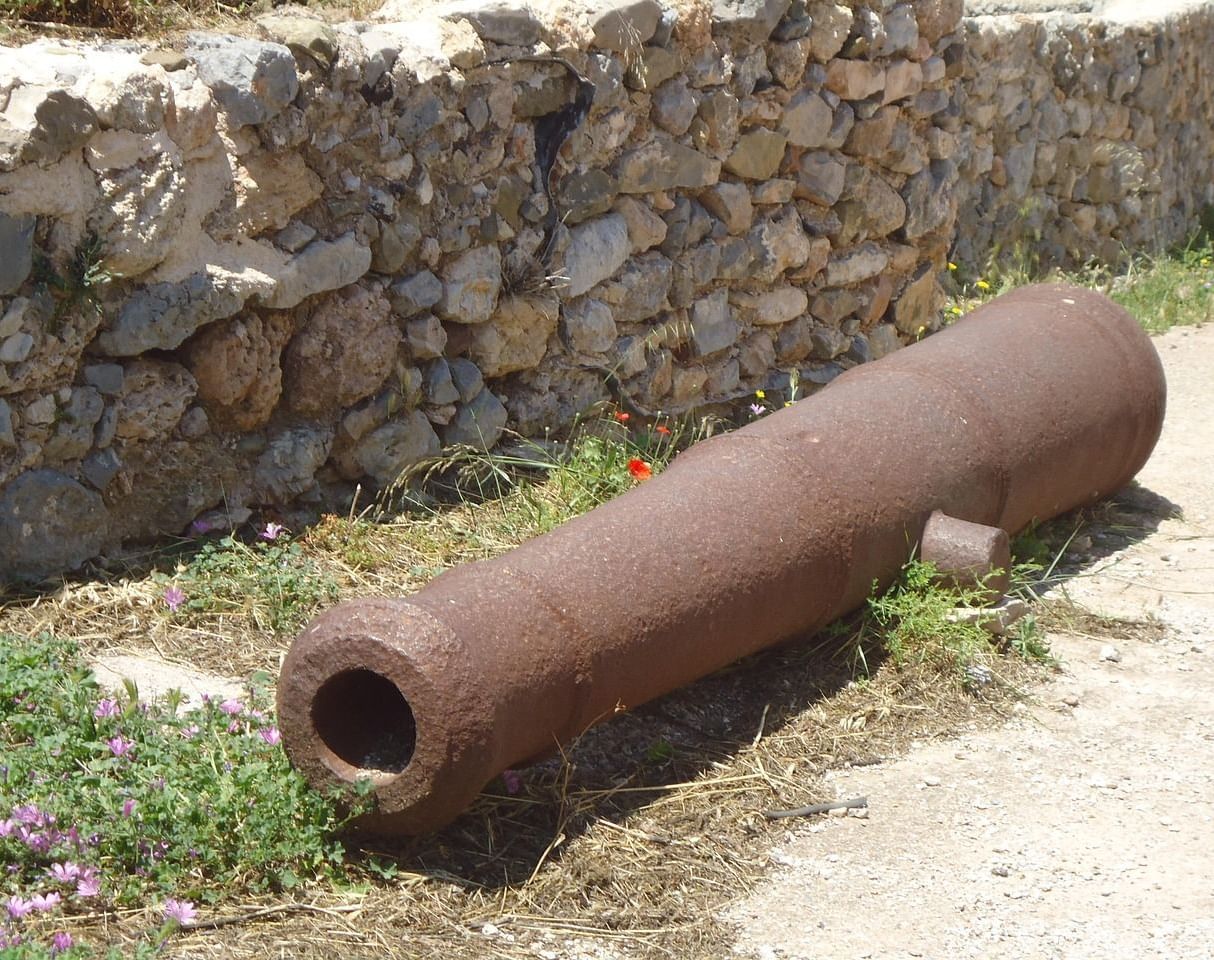
Touring Osu Castle: What You’ll Discover
Pro Tips When Visiting Osu Castle in Accra
To make the most of your visit, consider touring during the morning hours between 9:00 AM and 11:00 AM, when the weather is cooler and the light is ideal for photography. The best time to visit is during Ghana's dry season, from November to March, to avoid rain interruptions. The castle is a protected National Monument, and while tours are available, it's wise to check for any schedule changes. After your tour, explore the vibrant Osu neighbourhood. Nearby attractions include the Independence Arch, Black Star Square, and numerous local cafés and restaurants on Oxford Street.
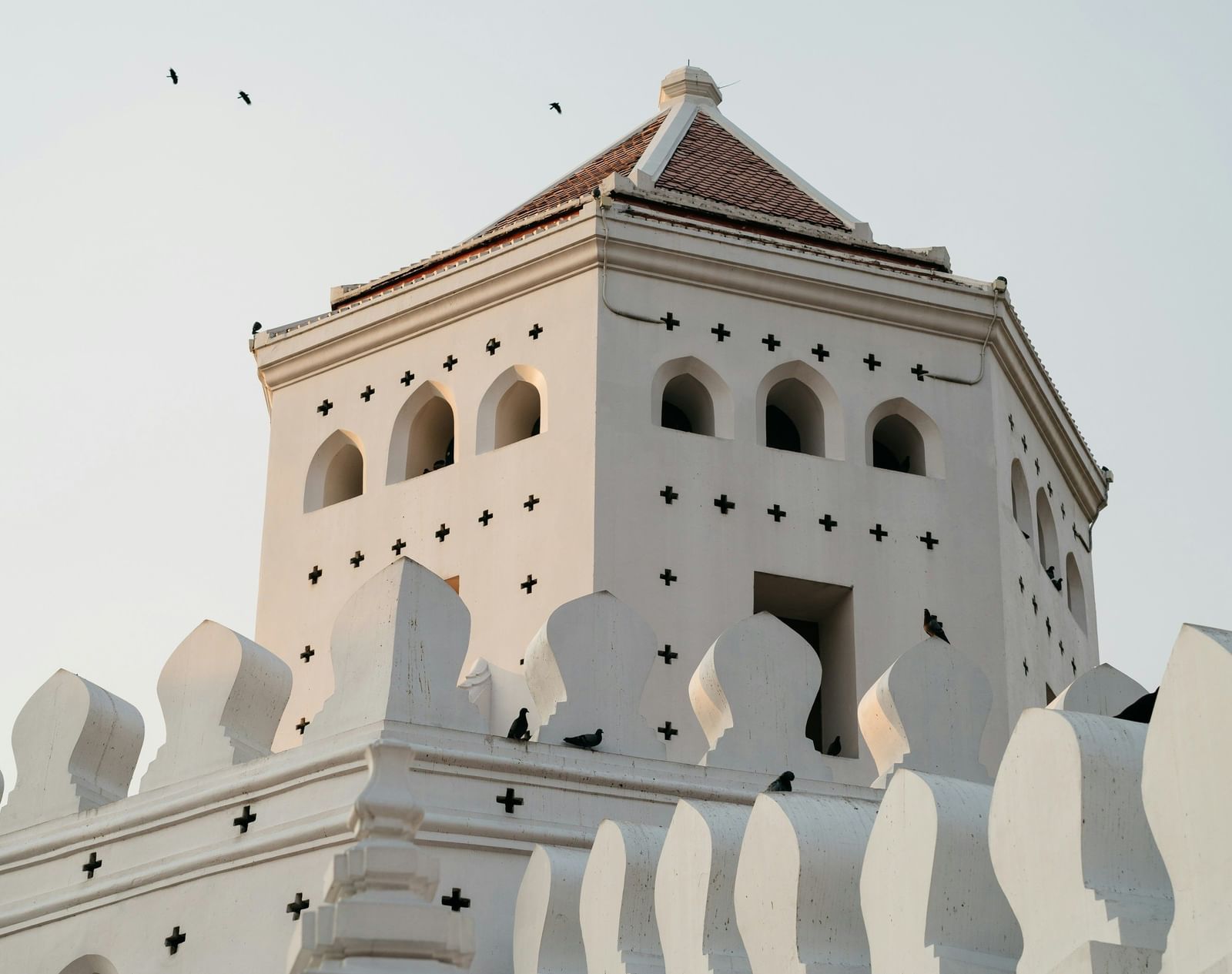
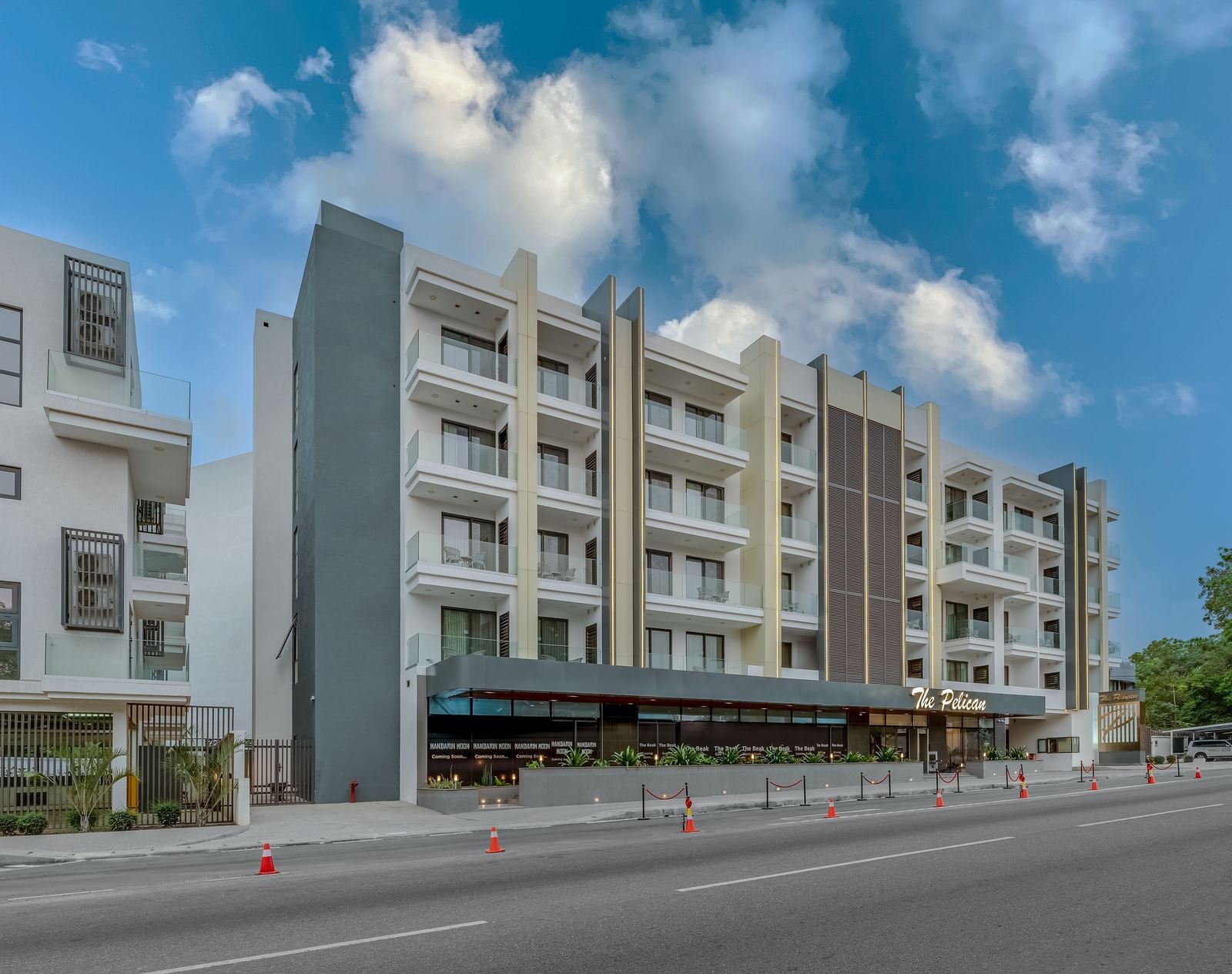
Pelican Hotel: Your Ideal Base for Exploration
Christiansborg Castle is more than just a building; it is a living monument to Ghana’s past, a place that embodies both pain and triumph. As you walk its hallowed grounds, you are walking through the very pages of history, from the era of colonial rule to the birth of a nation. This historic site remains a powerful symbol of Ghana’s resilience and a reminder of its enduring spirit. For an immersive experience in this culturally rich city, the Pelican Hotel is your perfect base for cultural explorers.